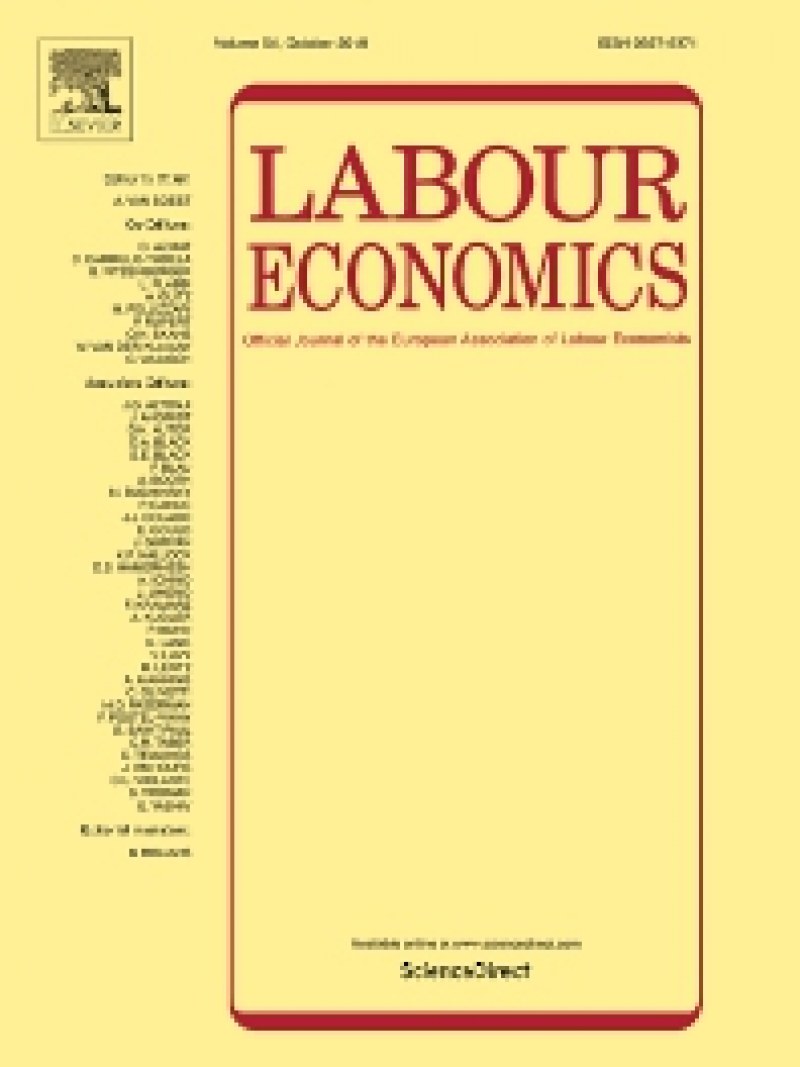Paper by alumna Noemi Peter and fellow Dinand Webbink published in Labour Economics
The paper ‘The effect of a sibling’s gender on earnings and family formation’ by alumna Noemi Peter (University of Groningen) and research fellow Dinand Webbink (Erasmus University Rotterdam) and co-authors Petter Lundborg (Lund University, Sweden) and Sara Mikkelsen (Lund University, Sweden) has been published in the October issue of Labour Economics. The publication is a revised version of a TI discussion paper (TI 2015-073/V). Read full paper here.

Abstract
We examine how the gender of a sibling affects labor market outcomes and family formation. Identification is complicated by parental preferences: if parents prefer certain sex compositions over others, children’ s gender affects not only the outcomes of other children but also the existence of potential additional children. We employ two empirical strategies that both address this problem. First, we use a large sample of singletons to estimate whether first-borns are affected by the gender of their second-born sibling. Second, we look at a sample of dizygotic (i.e. non-identical) twins. We find that a same-sex sibling increases men’s earnings and family formation outcomes (marriage and fertility), as compared to an opposite-sex sibling. The results for women are similar but the effects are smaller in magnitude and less robust. We argue that the income result for men could be driven by competition between brothers, as we find that men with brothers choose higher paying occupations. For women, we find suggestive evidence that the income premium may come partly from lower unemployment, which could be due to shared job search networks. The effects on family formation might stem from differential parental treatment for men, and from competition between sisters for women.
Author citation: Noemi Peter, Petter Lundborg, Sara Mikkelsen and Dinand Webbink: The effect of a sibling’s gender on earnings and family formation. Labour Economics (October 2018), Vol. 54: 61-78. DOI: https://doi.org/10.1016/j.labeco.2018.06.006